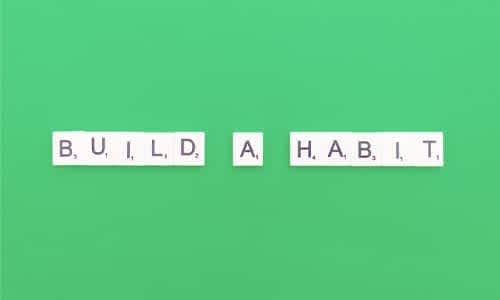Good and bad habits that affect your credit score

Does having multiple credit cards have a negative impact on your credit score?
While we've all heard of a credit score, there's a lot of confusion around what actually affects our credit rating.
According to our recent study, Australians have divided opinions over what improves or harms our credit score. Since a good credit rating is the key to securing personal loans, it's definitely worth knowing the difference. Luckily, once you bust the myths and misconceptions about what affects credit scores, it's not as complicated as you might think.
Habits and behaviours that can positively affect your score
Credit diversity
Although 53% of women believe that having more than one credit card will negatively affect their credit score, the truth is often quite the opposite. Having different types of credit accounts, like credit cards, mortgages and personal loans, can boost your credit score as it shows lenders that you're able to manage different types of repayments at the same time. It also provides them with more information on your finances, allowing them to get a better idea of your assets and your ability to keep on top of your bills.
Repayment History
One of the most important ways to improve your credit rating is by consistently paying on time. Even one missed payment can have a big impact. Despite the importance of paying on time, the younger generation believe it's less of an issue. 9 in 10 baby boomers believe that making repayments on time will improve your credit score (87%) compared to only two-thirds of Millennials (65%), according to research by SocietyOne.
Good debt
As well as credit diversity, some types of loans, such as home loans, business loans and student loans, can bring your score up by showing that you're a responsible borrower.
Apply for credit only when you need it
Don't make the mistake of submitting too many applications at once. It can make lenders suspicious and worried that you're irresponsible with credit.
Credit history length
So long as you continue to make the repayments on time, the length of time you hold credit accounts for can positively impact your rating. Ordinarily, the longer your credit history, the better your credit score will be.
Habits and behaviours that can negatively affect your score
Paying your bills late
If you forgot to pay a credit bill --- even just the once --- it can show up on your credit rating and stay there for two years.
Court judgments
This can negatively affect your credit score because you're considered an increased risk. Court judgments generally stay on your credit file for up to five years.
Filing for bankruptcy
If you become bankrupt, your credit score will drop and you'll have to wait between two and five years until it's no longer on your credit file.
Making too many credit enquiries
As already alluded to, applying for credit multiple times over a short space of time is not a good idea if you don't want your credit rating to go down. It makes it look like you're in need of cash and can't handle your finances.
Source: Insights used in this article were pulled from the Debt and Credit Poll commissioned by SocietyOne via NewsCorp/YouGov Feb 2020
Get a free credit score check today.
You may also like
News, tips and offers straight to your inbox.


